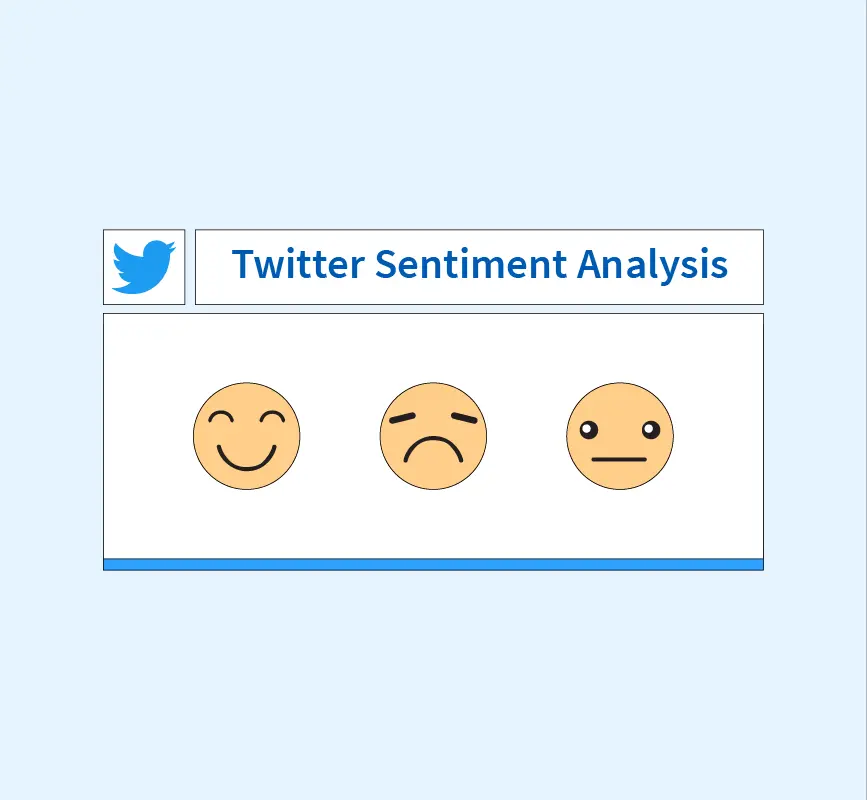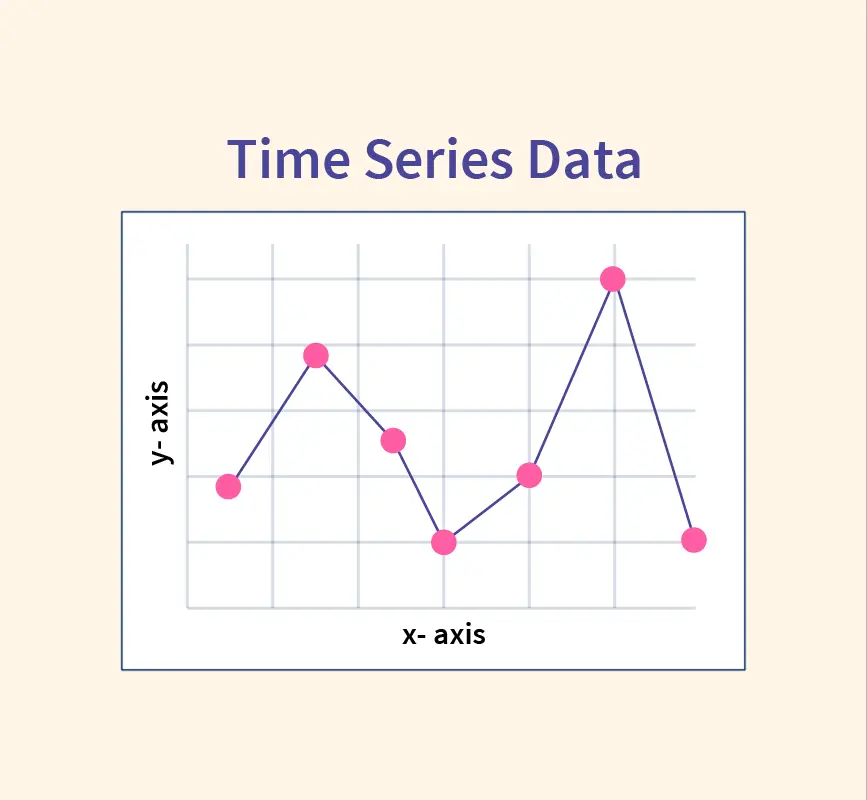In today’s tech-driven world, Cyber Security and Data Science stand out as two of the most sought-after fields, driving innovation and securing systems in the digital age. While Cyber Security focuses on protecting networks and data from breaches, Data Science unlocks insights from vast datasets to fuel decision-making. Both fields offer immense potential for growth and impactful careers.
Choosing the right career, however, goes beyond industry demand. It requires aligning your skills, interests, and long-term goals with the field that suits you best. Whether you’re drawn to safeguarding systems or making data-driven predictions, this decision can shape your professional journey.
In this article, we’ll explore the nuances of Cyber Security and Data Science, comparing their roles, responsibilities, and opportunities to help you determine which path aligns with your aspirations.
What is Cyber Security?
Cyber Security is the practice of safeguarding systems, networks, and data from cyber threats, ensuring the confidentiality, integrity, and availability of information. It plays a critical role in protecting sensitive assets from breaches, attacks, and unauthorized access in an increasingly interconnected world.
Key Responsibilities:
- Threat Detection: Identifying potential risks and vulnerabilities in systems.
- Threat Prevention: Implementing measures such as firewalls, encryption, and access controls to prevent attacks.
- Threat Mitigation: Responding to and recovering from cyber incidents to minimize damage.
Popular Roles in Cyber Security:
- Ethical Hacker: Simulates cyberattacks to uncover vulnerabilities in systems and strengthen defenses.
- Security Analyst: Monitors networks and analyzes security events to detect and mitigate potential threats.
- Network Administrator: Maintains the security and efficiency of network infrastructure to prevent unauthorized access.
Cyber Security professionals are the frontline defenders in a digital landscape where threats are evolving daily. Their work ensures the safety and trustworthiness of digital interactions.
What is Data Science?
Data Science is the field of extracting meaningful insights and knowledge from structured and unstructured data using statistical, computational, and machine learning techniques. It enables organizations to make data-driven decisions and uncover patterns, trends, and predictions that drive innovation and efficiency.
Key Responsibilities:
- Data Analysis: Processing and analyzing raw data to identify trends and correlations.
- Building Predictive Models: Developing algorithms to forecast outcomes and inform strategies.
- Visualizing Insights: Creating clear, actionable visual representations of data for stakeholders.
Popular Roles in Data Science:
- Data Scientist: Designs and implements advanced models to solve complex business problems.
- Machine Learning Engineer: Builds and deploys machine learning algorithms for predictive analytics.
- Data Analyst: Interprets data to generate actionable insights and support decision-making.
Data Science professionals play a pivotal role in harnessing the power of data, driving smarter business strategies, and shaping the future of technology across various industries.
How are Cyber Security and Data Science Interrelated?
While Cyber Security and Data Science are distinct fields, they often intersect, complementing each other in critical ways to enhance digital systems’ security and efficiency.
- Cyber Security leverages Data Science: Data Science techniques, such as machine learning and anomaly detection, help identify unusual patterns in network traffic, enabling proactive threat intelligence and prevention of cyberattacks. Predictive models built by data scientists are used to foresee potential vulnerabilities and strengthen defenses.
- Data Science depends on Cyber Security: Secure data management, provided by Cyber Security, ensures that sensitive datasets remain protected from breaches and unauthorized access. This secure foundation allows data scientists to work confidently with sensitive information while complying with privacy and security regulations.
Cyber Security vs Data Science: Key Differences
| Aspect | Cyber Security | Data Science |
| Objective | Protecting data and systems from breaches. | Extracting insights and making data-driven decisions. |
| Responsibilities | – Monitoring networks for suspicious activities. | – Cleaning and preprocessing raw data. |
| – Identifying vulnerabilities in systems and applications. | – Developing predictive models to forecast outcomes and trends. | |
| – Implementing security measures like firewalls and encryption to prevent cyber threats. | – Deriving actionable insights to support business strategies. | |
| Skill Set | – Knowledge of firewalls, penetration testing, and cryptography. | – Proficiency in programming (Python, R), machine learning, and statistics. |
| – Expertise in ethical hacking and vulnerability assessments. | – Strong knowledge of data visualization and statistical analysis. | |
| Tools Used | – Wireshark: Analyzes network protocols and traffic. | – Jupyter Notebooks: Platform for coding, documentation, and visualization. |
| – Metasploit: Assesses security vulnerabilities and exploits. | – TensorFlow: Framework for building and deploying ML models. | |
| – Nessus: Scans for security flaws in systems. | – Tableau: Tool for creating interactive data visualizations. | |
| Work Environment | Fast-paced, reactive, and focused on preventing attacks. | Analytical, research-oriented, and focused on predictive modeling. |
Cyber Security vs Data Science: Career Paths and Growth
Cyber Security Career Path
Entry-level roles:
- Security Analyst: Monitors and responds to security incidents and threats.
- Network Administrator: Ensures secure and efficient network operations.
Advanced roles:
- Ethical Hacker: Simulates attacks to identify and address vulnerabilities.
- Cyber Security Consultant: Advises organizations on enhancing their security frameworks.
- CISO (Chief Information Security Officer): Oversees an organization’s entire security strategy and operations.
Data Science Career Path
Entry-level roles:
- Data Analyst: Analyzes data to derive insights and support business decisions.
- BI (Business Intelligence) Developer: Designs data solutions to enhance decision-making.
Advanced roles:
- Data Scientist: Builds predictive models and solves complex data challenges.
- Machine Learning Engineer: Develops and deploys intelligent machine learning algorithms.
- Chief Data Officer (CDO): Leads data strategy and ensures alignment with business goals.
Growth Outlook
- Cyber Security: The increasing frequency and sophistication of cyberattacks drive demand for skilled professionals, making Cyber Security a high-growth field with ample job stability.
- Data Science: As organizations continue to prioritize data-driven decision-making, the need for data professionals is skyrocketing, ensuring long-term career opportunities and innovation-driven growth.
Cyber Security vs Data Science: Salary Expectations
In the US
- Cyber Security: Professionals in Cyber Security earn an average annual salary ranging from $85,000 to $150,000, depending on their role, experience, and the organization’s size. Entry-level positions such as Security Analysts typically earn on the lower end, while advanced roles like CISOs command higher salaries.
- Data Science: The average annual salary for Data Science professionals spans $95,000 to $170,000. Entry-level roles such as Data Analysts earn competitive pay, while advanced positions like Machine Learning Engineers and Chief Data Officers are compensated generously for their expertise.
In India
- Cyber Security: Salaries for Cyber Security roles in India range between ₹6 LPA to ₹20 LPA, reflecting the growing demand for skilled professionals to tackle evolving cyber threats. Entry-level roles start at around ₹6 LPA, with experienced professionals in leadership positions earning significantly more.
- Data Science: Data Science professionals in India enjoy salaries between ₹8 LPA to ₹25 LPA, driven by the increasing reliance on data-driven decision-making. Data Analysts typically earn on the lower end, while advanced roles like Machine Learning Engineers and CDOs are highly lucrative.
How to Choose between Cyber Security and Data Science?
Choosing between Cyber Security and Data Science depends on your skills, interests, and career aspirations. Here’s a breakdown to help you decide:
Skills and Interests
- Choose Cyber Security if:
- You enjoy solving complex problems.
- You are passionate about securing systems and preventing cyberattacks.
- Ethical hacking and vulnerability assessment excite you.
- Choose Data Science if:
- You have an analytical mindset and enjoy uncovering patterns in data.
- You love working with datasets and building predictive models.
- You’re intrigued by machine learning and statistical analysis.
Job Outlook and Industry Demand
Both fields have strong growth prospects, but consider the following:
- Cyber Security: Rising cyber threats ensure high demand, providing job stability and numerous opportunities across industries.
- Data Science: The growing emphasis on data-driven decisions fuels demand for data professionals, making it an ever-expanding field with opportunities for innovation.
Educational Background
- Cyber Security:
- Degrees in IT, Computer Science, or Cyber Security.
- Certifications like CEH (Certified Ethical Hacker) or CISSP (Certified Information Systems Security Professional) add significant value.
- Data Science:
- Academic focus on Statistics, Mathematics, or Computer Science.
- Certifications like Google Data Analytics or IBM Data Science enhance your expertise and employability.
Ultimately, the choice depends on aligning your skills, interests, and long-term goals with the demands of the field. Both offer rewarding paths with unique challenges and opportunities.
Conclusion
Cyber Security and Data Science are both thriving fields with unique goals and responsibilities. While Cyber Security focuses on safeguarding systems and data, Data Science leverages data to generate insights and predictions. Despite their differences, these fields often intersect, complementing each other in today’s tech landscape.
Choosing the right career depends on your personal preferences, skills, and long-term aspirations. Whether you’re passionate about defending against cyber threats or uncovering data-driven insights, aligning your interests with the field is key to success.
No matter which path you choose, both fields offer rewarding opportunities in the tech industry, promising growth, innovation, and impact.
References:


